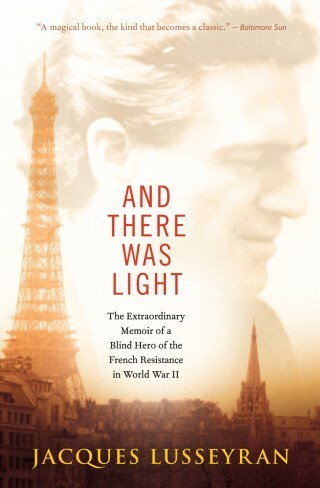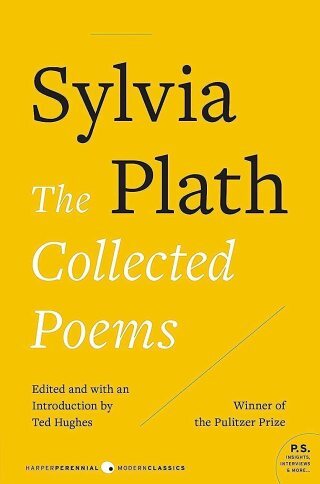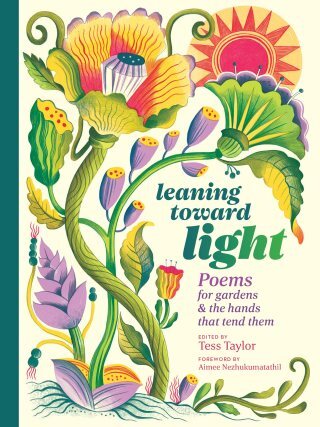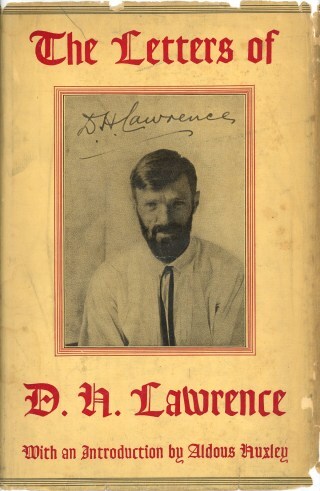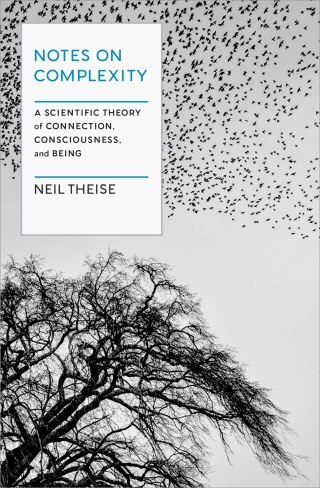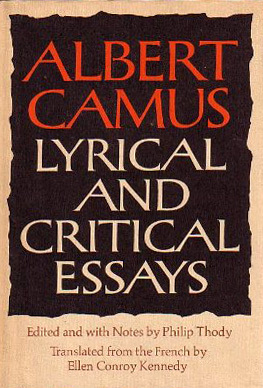Maria Popova's Blog, page 36
September 6, 2023
How to Live in Light: A Blind Hero of the French Resistance on Seeing the Heart of Life and Contacting the Oneness of Being
“To see takes time, like to have a friend takes time,” Georgia O’Keeffe wrote as she contemplated the art of seeing just before the Little Prince sighed his timeless sigh: “What is essential is invisible to the eye.”
No one has written about what it takes to see — and how to do the loo...
How to Eat the Sun: A Blind Hero of the Resistance on Accessing the Light Within and Touching the Oneness of the World
“To see takes time, like to have a friend takes time,” Georgia O’Keeffe wrote as she contemplated the art of seeing just before the Little Prince sighed his timeless sigh: “What is essential is invisible to the eye.”
No one has written about what it takes to see — and how to do the loo...
September 5, 2023
Kate Sessions and the Devotion to Delight: The Forgotten Woman Who Covered California with Trees and Flowers
In May 1941, next to news of the Nazi savagely bombing London, The Los Angeles Times published a memorial profile of “California’s Mother of Gardens” — a hopeful antidote to the undoing of the human world, celebrating the woman who covered Southern California with the loveliest trees and flowers, having made a life at the crossing point of nature’s capacity for beauty and human nature’s capacity for delight.
 Kate Sessions in her 20s
Kate Sessions in her 20sAfter becoming the first woman to earn a degree in science from...
September 4, 2023
The Moon and the Yew Tree: Patti Smith Reads Sylvia Plath’s Haunting Portrait of Depression
One of the most menacing things about depression is its elasticity — its way of suddenly receding, swinging open a window of light, only to return just as suddenly with redoubled darkness, just when life has begun to feel livable again, even beautiful.
On September 16, 1962, a voice unspooled from the BBC airwaves carrying an emblem of that cruel elasticity.
Sylvia Plath (October 27, 1932–February 11, 1963) — who spent her life living with ...
August 31, 2023
Leaning Toward Light: A Posy of Poems Celebrating the Joys and Consolations of the Garden
“Gardening is like poetry in that it is gratuitous, and also that it cannot be done on will alone,” the poet and passionate gardener May Sarton wrote as she contemplated the parallels between these two creative practices — parallels that have led centuries of beloved writers to reverence the garden. No wonder Emily Dickinson spent her life believing that “to be Flower, is profound Responsibility.” No wonder Virginia Woolf had her epiphany about what it means to be an artist in the garden.
The ga...
August 29, 2023
D.H. Lawrence on the Hypocrisies of Social Change and What It Actually Takes to Shift the Status Quo
“Progress is never permanent, will always be threatened, must be redoubled, restated and reimagined if it is to survive,” Zadie Smith wrote in her superb meditation on optimism and despair. But the paradox of progress is that because there is no universal utopia — every utopia is built on someone’s back — there can be no universal progress, no absolute measure of it. Its relativism conceals a euphemism for moving the world in the direction of the one’s own desires, relativism laced with myriad h...
August 27, 2023
Notes on Complexity: A Buddhist Scientist on the Murmuration of Being
“This life of yours which you are living is not merely a piece of the entire existence, but is in a certain sense the whole,” quantum pioneer Erwin Schrödinger wrote as he bridged his young science with ancient Eastern philosophy...
August 23, 2023
The Poetic Science of the Ghost Pipe: Emily Dickinson and the Secret of Earth’s Most Supernatural Flower
In the late autumn of 1890, four years after Emily Dickinson’s death, her poems met the world for the first time in a handsome volume bound in white. Beneath the gilded title was a flower painting by Mabel Loomis Todd — the complicated woman chiefly responsible for editing and publishing Dickinson’s poems and letters.
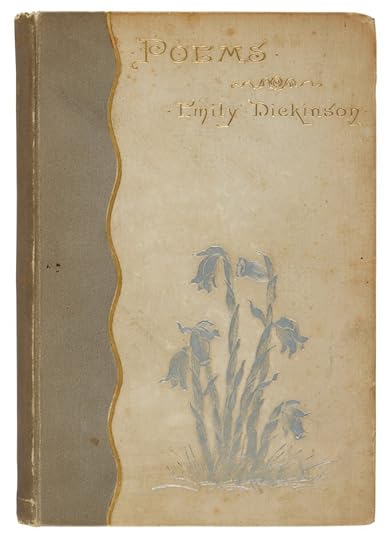
Any flower would have been a fitting emblem for the poet who spent her life believing that “to be a Flower is profo...
August 22, 2023
Albert Camus on Writing and the Importance of Stubbornness in Creative Work
Three years after he became the second-youngest laureate of the Nobel Prize, awarded him for literature that “with clear-sighted earnestness illuminates the problems of the human conscience,” Albert Camus (November 7, 1913–January 4, 1960) died in a car crash with an unused train ticket to the same destination in his pocket. The writings he left behind — about the ...
August 20, 2023
Spell Against Indifference
I was a latecomer to poetry — an art form I did not understand and, as we tend to do with what we do not understand, discounted. But under its slow seduction, I came to see how it shines a sidewise gleam on the invisible and unnameable regions of being where the truest truths dwell, the most difficult and the most beautiful; how it sneaks in through the backdoor of consciousness to reveal us more fully to ourselves; how it gives us an instrument for paying attention, which is how we learn to lov...

